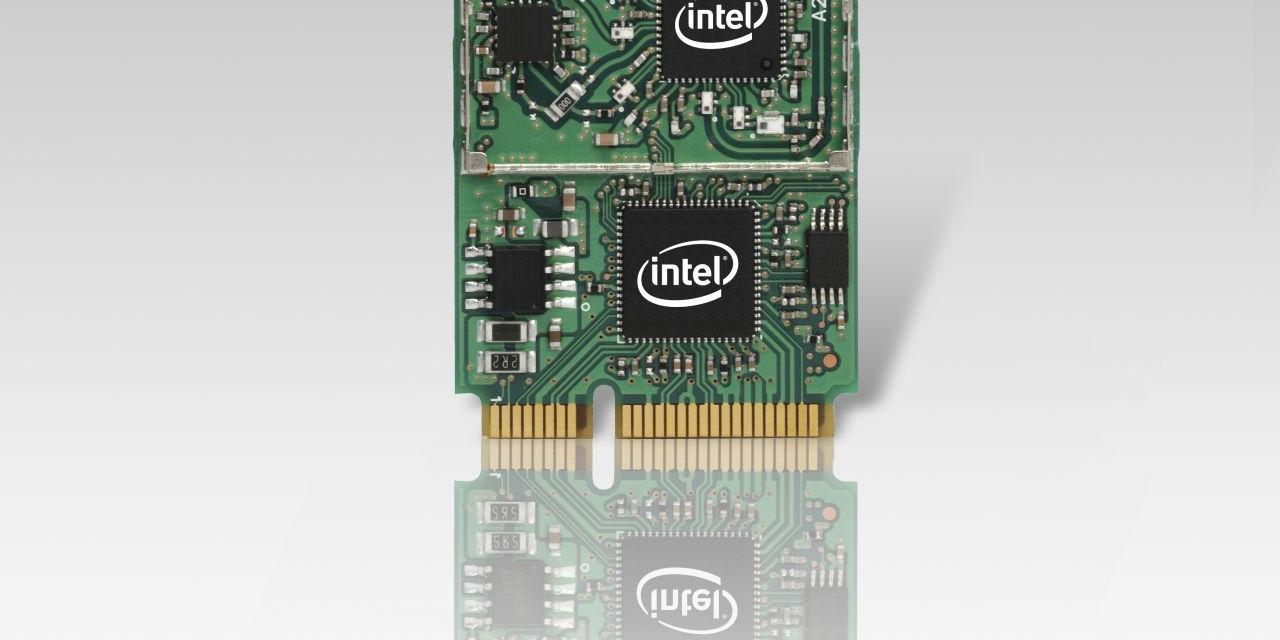


In his Intel Developer Forum keynote today, Pat Gelsinger, senior vice president and general manager of Intel's Digital Enterprise Group discussed new features of the company's next-generation processor family including a new turbo mode that shifts the processor into a higher gear for mind-blowing performance without a heat penalty.
The company's first desktop PC chips branded Intel Core i7 processors and initial energy-efficient, high-performance server products (codenamed "Nehalem-EP") will be first to production. Intel is also planning to manufacture a second server derivative designed for the expandable sever market ("Nehalem-EX"), and desktop ("Havendale" and "Lynnfield") and mobile ("Auburndale" and "Clarksfield") client versions in the second half of 2009.
"Our engineers have put together an incredible processing family here that will include a tremendous amount of new processor features all centered on delivering faster computer performance and terrific energy efficiency," Gelsinger said.
The next-generation Core microarchitecture also features Intel Hyper-Threading Technology delivering up to 8-threaded performance capability on 4 cores in the initial versions and best-in-class memory bandwidth thanks to the new QuickPath Interconnect. QuickPath is a technology that connects processors, chipsets and memory together, and delivers up to three times the memory bandwidth of previous generation Core microarchitecture solutions.
Gelsinger also discussed the industry's first many-core Intel Architecture (IA) based design, codenamed "Larrabee." Expected in 2009 or 2010, the first product based on Larrabee will target the personal computer graphics market, support DirectX and OpenGL, and run today's games and programs. Larrabee is expected to kick start an industry-wide effort to create and optimize software for the dozens, hundreds and thousands of cores expected to power future computers.
The Intel executive also outlined Intel's vision for what they call "the Embedded Internet". Emerging markets in the embedded computing space such as IP networking and security, video intelligence, medical, in-vehicle infotainment and home automation can greatly benefit from the always-on Internet connectivity. Gelsinger said that this area is another growth opportunity for Intel and the high-tech industry, and predicted that there will be 15 billion devices connected to the Internet as a result of the rapid rise of the embedded internet.
Building on the recent Intel Centrino 2 launch for notebook PCs in July, David Perlmutter, executive vice president and general manager of Intel's Mobility Group unveiled Intel's first-ever mobile-focused quad-core laptop workstation - the Intel Core 2 Extreme processor. While the products include four cores, they only use 45 watts of power.
Perlmutter also introduced the company's second-generation dual-core mobile processors for increasingly popular ultra thin and light notebook PCs.
He also outlined upcoming mobile platform enhancements including the Intel High-Performance SATA Solid-State Drive product line for faster system responsiveness, lower power consumption and rugged, reliable operation and available later this year, Intel Anti-Theft Technology, which features intelligent hardware-based detection and response mechanisms that enable IT managers or service providers to disable the platform and/or access to data in case of loss or theft.
Emerging WiMAX 4G networks around the world will be connecting the plethora of mobile platforms and devices, and specifically within the United States where Sprint XOHM plans to turn on its first citywide network in Baltimore in September. Globally, more than 400 WiMAX trials and networks extend the richness of the mobility experience. Perlmutter also announced that Dell has now joined other computer-makers such as Acer, Asus, Lenovo, Panasonic, and Toshiba as publicly committing to include the Intel WiMAX/WiFi Link 5050 Series module to future laptop product lines.








